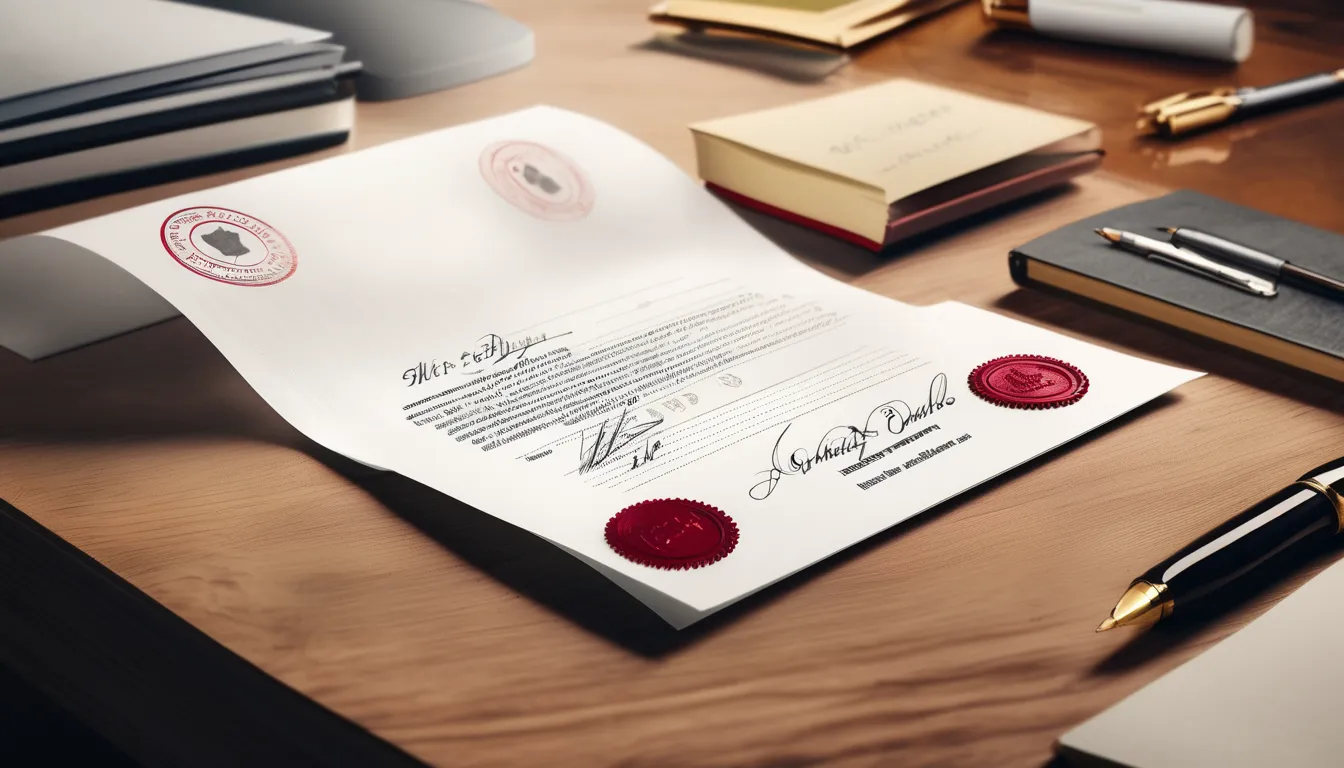
You’re about to navigate a crucial step in authenticating your important documents – notary public services. As you prepare for this process, it’s essential to understand what a notary public does and what services they offer. A notary serves as an impartial witness, verifying your identity and ensuring you’re signing voluntarily. But that’s just the beginning. Notary services come in various forms, from traditional and electronic to mobile and online notarization. What type of service is right for your needs, and how do you find a trustworthy notary public near you?
What Is a Notary Public
When it comes to verifying the authenticity of important documents, a notary public plays a crucial role. You’ll often find them in banks, post offices, or law firms, ready to witness the signing of documents and verify identities.
A notaires public near me public is a public official appointed by the state to serve as an impartial witness to the signing of documents.
Their primary responsibility is to ensure that signers are who they claim to be and that they’re signing voluntarily. You’ll need to provide identification to prove your identity, and the notary will verify it before witnessing the signing.
They’ll also ask you a few questions to ensure you’re signing willingly and without duress.
Notaries public are required to follow strict guidelines and laws, which vary by state.
They must keep a record of all notarizations, including the date, time, and type of document. By doing so, they help prevent forgery and ensure the integrity of important documents.
If you need to have a document notarized, you can search online for a notary public in your area or visit a local business that offers notary services.
Notary Public Services and Fees
Notary public services typically include a range of document authentication options, such as notarizing signatures, administering oaths, and verifying identities. When you need these services, you’ll likely wonder about the associated costs.
Notary fees vary depending on the state or jurisdiction, the type of document, and the notary’s experience.
In general, notary fees are relatively low. For example, notarizing a single signature might cost between $5 and $15. Some notaries may also charge a small fee for traveling to your location.
It’s essential to ask about the fees before requesting notary services. Some banks and post offices offer free or low-cost notary services, so it’s worth checking with them before visiting a private notary.
It’s also important to note that some notaries may charge additional fees for services like document preparation, scanning, or faxing.
When you ask about fees, be sure to ask about any additional costs associated with the services you need. This will help you plan and budget accordingly.
Types of Notary Services Available
The services of a notary public typically encompass a range of authentication options. As you navigate the various notary services available, it’s essential to understand what each service entails and how it can cater to your specific needs. Notary services can be broadly categorized into different types, each serving a unique purpose.
| Service Type | Description | Common Use Cases |
|---|---|---|
| Traditional Notarization | In-person notarization with a physical signature | Real estate transactions, wills, and powers of attorney |
| Electronic Notarization | Digital notarization with an electronic signature | Online business transactions, remote workforce agreements |
| Apostille | Authentication of public documents for international use | Foreign adoptions, international business transactions |
| Mobile Notarization | On-site notarization at a location of your choice | Elderly or disabled individuals, corporate events |
| Online Notarization | Virtual notarization via video conferencing | Remote workers, online business transactions |
When choosing a notary service, consider the type of document, the level of security required, and the convenience factor. By understanding the different types of notary services available, you can make an informed decision that meets your specific needs.
Benefits of Using Notary Services
You’ve chosen the right type of notary service for your needs, but what benefits can you expect from using their services?
One major advantage is the added security and authenticity that notarization provides.
By having a notary public witness and verify your signature, you can rest assured that your document is legitimate and less susceptible to tampering or forgery.
Using notary services also saves you time and effort.
Notaries are trained professionals who are familiar with the notarization process, so they can guide you through the steps and ensure that everything is done correctly.
This can be especially helpful if you’re dealing with complex documents or unfamiliar with the notarization process.
Some key benefits of using notary services include:
- Convenience: Notaries often have flexible schedules and may be available to meet you at a location of your choice.
- Expertise: Notaries are trained to handle a wide range of documents and can provide guidance on the notarization process.
- Protection: Notarization provides an added layer of security and authenticity to your documents, helping to prevent tampering or forgery.
Finding a Notary Public Near You
Finding a qualified notary public near you can be as simple as a few clicks or a short drive. You can start by searching online for “notary public near me” or “notary services near my location.”
This will provide you with a list of nearby notaries along with their addresses, phone numbers, and hours of operation. You can also check websites like Yelp or Google Maps for reviews and ratings from previous customers.
Another option is to visit your local bank or post office, as many of these institutions offer notary services. Some banks and credit unions even offer notary services for free or at a reduced rate for their customers.
You can also ask friends, family, or coworkers for recommendations, as they may know of a trusted notary public in your area.
Before visiting a notary, make sure to call ahead to confirm their hours and availability. It’s also a good idea to ask about their fees and what forms of identification they require. This will help ensure a smooth and hassle-free experience.
Conclusion
You’ve learned the ins and outs of navigating notary public services. Now that you know what a notary public does and the types of services they offer, you’re one step closer to authenticating your important documents. Remember to confirm the notary’s hours, availability, and required identification before visiting. By understanding the benefits and finding a notary near you, you’ll be able to quickly and easily notarize your documents with confidence.





